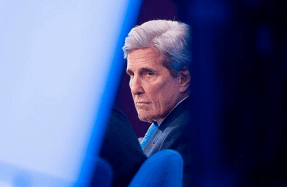HOMECOMING

Letty Barán has an uneasy feeling when she gazes at the hills of Quetzaltenango.
All around this southwestern highland region of Guatemala, which is the starting point for many of the more than 1,000 Guatemalans who leave the country every day for the U.S., elaborate houses are popping up. Three-story homes with neoclassical facades and French windows tower over their cinder-block neighbors. Dubbed “remittance architecture,” the structures are built with money sent home by migrants. And to Barán, who left the town of El Palmar in Quetzaltenango for the U.S. in 1990 and regularly returns to visit, the houses are a symbol of the trap in which Guatemala is caught.
“When I look at them, I think, first, how great that someone has been able to build their dream house. But then, how sad,” says Barán, 50.
The houses that look so much like investments actually eat cash. Built by remittances, many sit on uneven ground in areas at risk of landslides, or in places disconnected from sewers and roads. Often, the grand homes remain empty, as migrants opt to stay in the U.S. and their families prefer the comfort of their neighborhoods.
In a country that is losing tens of thousands of its citizens to migration every year, 9 in 10 residents leave because of a lack of economic opportunity. Every year,
You’re reading a preview, subscribe to read more.
Start your free 30 days





